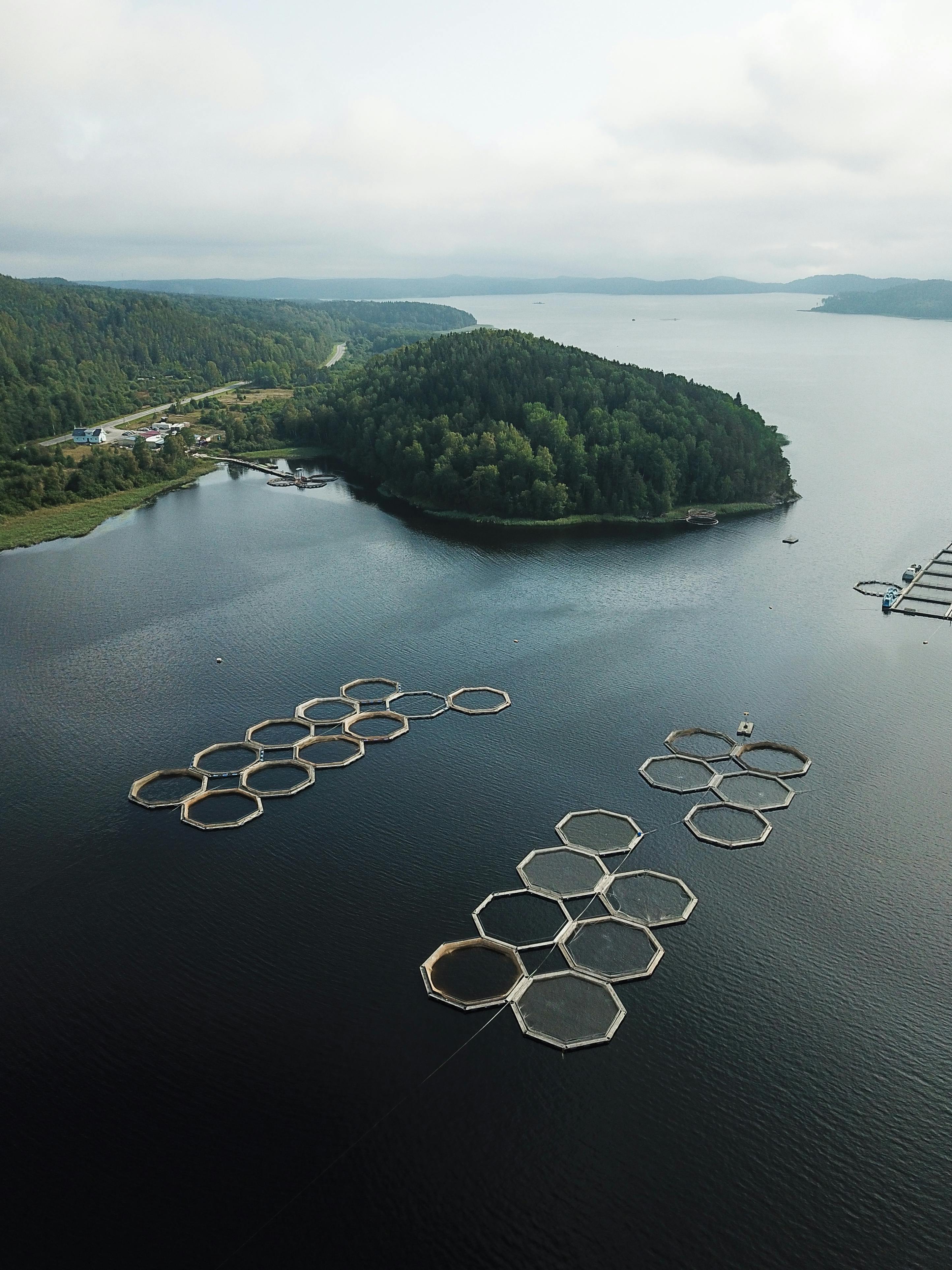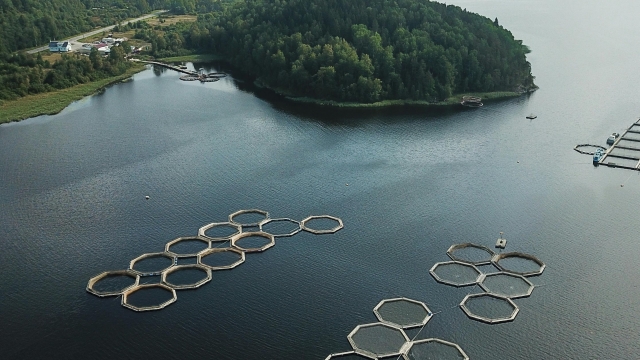
Aquaculture is rapidly evolving, driven by a blend of innovation and necessity. As global demand for seafood rises, sustainable practices in fish farming are becoming increasingly crucial. With advancements in technology, aquaculture is not just about increasing yield but also about ensuring environmental responsibility and efficiency. This exciting field is at the forefront of revolutionizing how we approach marine resources, making it essential for both industry professionals and the planet’s health.
The Rokter serves as a vital resource for those involved in aquaculture technology and sustainability. By offering a comprehensive hub filled with insightful blog posts, industry resources, and a dedicated forum, it connects professionals who are passionate about advancing sustainable practices in aquaculture. Whether you are a seasoned expert or new to the field, exploring the insights provided by The Rokter can equip you with the knowledge needed to navigate the future of aquaculture effectively.
Emerging Aquaculture Technologies
Aquaculture is entering a new era with the introduction of innovative technologies that enhance production efficiency and sustainability. One significant advancement is the integration of automation and robotics, which allow for precise monitoring and management of aquatic environments. Automated feeding systems, for instance, optimize food distribution based on real-time data, reducing waste and improving growth rates. These technologies empower aquaculture farms to operate more efficiently while minimizing their ecological footprint.
Another transformative technology is the use of data analytics and artificial intelligence in aquaculture practices. By employing sophisticated algorithms, operators can analyze environmental conditions, fish health, and growth patterns. This data-driven approach allows for more informed decision-making, leading to better resource management. Additionally, the incorporation of machine learning techniques can predict potential disease outbreaks, enhancing biosecurity measures and ensuring healthier populations of farmed species.
Rokter’s fish farm technology
Sustainability is at the forefront of many emerging aquaculture technologies, with solutions designed to reduce environmental impacts. Closed-loop systems, which recycle water and nutrients, are becoming increasingly popular, allowing farms to lower their water usage significantly. Moreover, advances in feed development, including the use of alternative protein sources, aim to minimize reliance on wild fisheries. As these technologies continue to evolve, they promise to not only improve production but also to support the growing demand for sustainable seafood.
Sustainability Practices in Aquaculture
Sustainability in aquaculture is essential for preserving marine ecosystems while meeting the growing demand for seafood. Modern practices focus on minimizing environmental impact through responsible sourcing, efficient resource use, and maintaining ecosystem health. One significant approach is the implementation of integrated multi-trophic aquaculture, where different species are cultivated together in a symbiotic manner. This method promotes nutrient recycling and reduces waste, contributing to a balanced ecosystem.
Another critical aspect of sustainable aquaculture is the use of technology to enhance monitoring and management practices. Advanced sensors and data analytics allow for real-time tracking of water quality and fish health, enabling farmers to make informed decisions that improve productivity while reducing adverse effects on the environment. By adopting these technologies, aquaculture operations can optimize feed use and decrease reliance on wild-caught fish, which are often used in feed formulations.
Furthermore, community engagement and education play a vital role in promoting sustainable aquaculture practices. Creating awareness around the benefits of responsible farming techniques among consumers and stakeholders helps foster a culture of sustainability within the industry. Initiatives such as certification programs and eco-labeling provide consumers with information about sustainable options, encouraging them to make choices that support environmentally friendly practices in aquaculture.
Challenges Facing the Aquaculture Industry
The aquaculture industry faces numerous challenges that threaten its growth and sustainability. One of the primary concerns is environmental impact. Fish farming can lead to water pollution, habitat destruction, and reduced biodiversity if not managed properly. The use of feed derived from wild fish can also deplete natural fish populations, creating a cycle of ecological imbalance that undermines the long-term viability of aquaculture operations.
Another significant challenge is disease management. Aquaculture systems can be breeding grounds for pathogens that threaten the health of fish stocks. Outbreaks of disease can lead to massive losses, prompting the need for effective biosecurity measures. This requires not only advancements in aquaculture technology but also increased education for farmers on best practices to maintain healthy ecosystems.
Lastly, the aquaculture industry grapples with economic pressures. Fluctuating market prices, competition from wild fisheries, and the effects of climate change complicate the financial landscape for farmers. As consumers increasingly demand sustainable and responsibly sourced seafood, aquaculture operators must innovate continually to meet these expectations while maintaining profitability.
Future Trends and Innovations
As the aquaculture industry continues to grow, technology is poised to play a crucial role in enhancing production efficiency and sustainability. The integration of advanced data analytics and machine learning is becoming increasingly prevalent, allowing aquaculture operators to make data-driven decisions that optimize feeding practices, monitor water quality, and predict growth rates. These innovations not only improve yields but also minimize the environmental impact, aligning with global sustainability goals.
Another significant trend is the development of sustainable aquaculture systems, such as recirculating aquaculture systems (RAS) and aquaponics. These closed-loop systems utilize water efficiently, reduce waste, and enable simultaneous food production. Innovations in biofiltration and habitat design within these systems enhance fish welfare and pathogen control, addressing some of the key challenges faced by the industry. As consumer demand for ethically sourced seafood rises, these technologies will likely gain traction.
Additionally, advancements in breeding technology, such as genetic selection and genome editing, are set to revolutionize aquaculture. By improving the resilience and growth rates of fish, these methods can significantly contribute to food security. As researchers explore new strains that can thrive in varying environmental conditions, aquaculture will become more adaptable to the changing climate. The combination of these technologies will shape a more efficient, resilient, and sustainable future for aquaculture globally.

